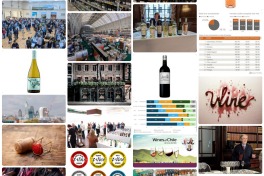Sustainable
-
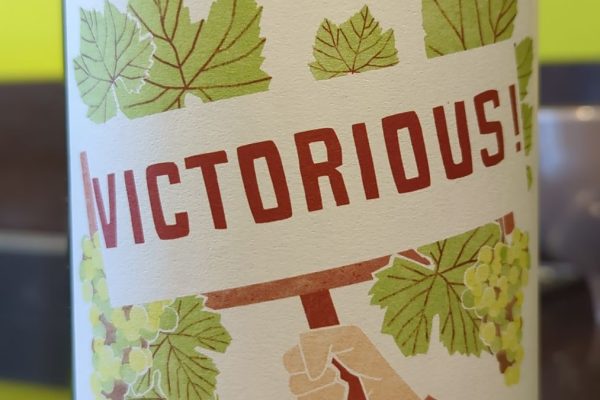
Victorious
This is an interesting new release from Domaine des Malandes, best known for its fine Chablis, though this wine takes a different direction. It’s made using a new grape variety and is produced with a strong focus on sustainability. The fruit comes from a single vineyard in Moulin-à-Vent, Beaujolais, owned by grower Richard Rottiers. The…
-
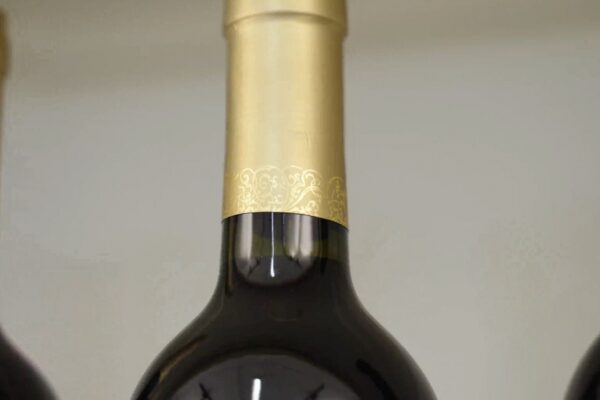
Wine Neck Capsules or No Capsules?
A recent study commissioned by the Crealis Group explored the impact of wine capsules, the foil over the top of wine bottles, on consumer perception and purchase decisions. Traditionally viewed as a purely functional component, the capsule’s potential marketing influence had been largely overlooked. Conducted by SenseCatch, the research used a mix of biometric tracking…
-
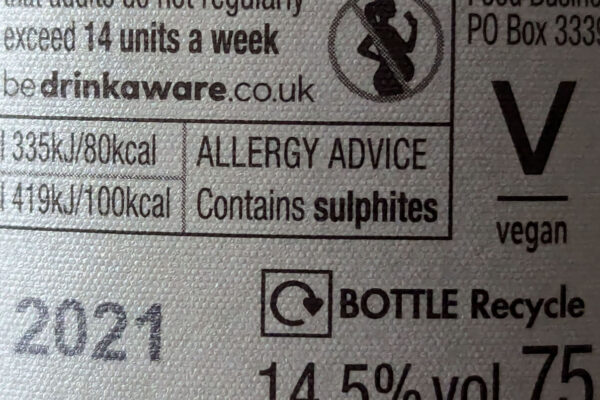
Exploring Plant-Based Alternatives to Sulphur Dioxide in Winemaking
Winemaking has long relied on sulphur dioxide (SO₂) for its antioxidant and antimicrobial properties, ensuring the stability and quality of wines. However, slight concerns about its health impacts and allergenic potential have prompted the search for natural alternatives. Recent research highlights the potential of a plant-based tannin blend (referred to as SDR) as a substitute…
-

Waitrose Launches UK’s First Major Supermarket Cork Recycling Trial
Waitrose has announced it will be the first major UK supermarket to trial cork recycling, beginning on 7th October in seven stores, including Salisbury, Saltash, Lymington, Bath, Godalming, Truro, and Maidenhead (when it reopens in November). Customers will be encouraged to recycle natural corks at collection points, with the material being processed by Amorim, the…
-
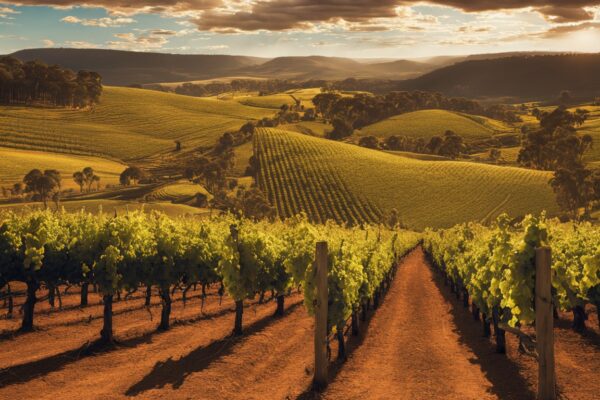
Consumer Attitudes and Willingness to Pay for Sustainable Wine
New research (pdf) looks into how age influences consumer attitudes and their willingness to pay for sustainably produced wine. The research is based on a survey of approximately 2,500 wine consumers across seven countries: the United States, South Africa, Netherlands, Italy, France, Chile and Australia. The study finds that younger consumers, those aged 18 to…
-
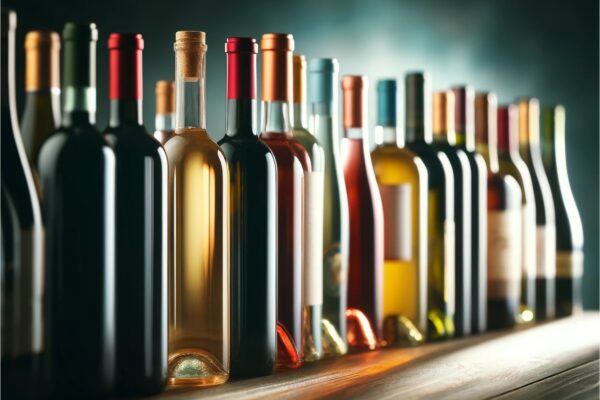
Enhanced Recycling to Affect Wine Prices
The Wine and Spirit Trade Association (WSTA) has advised UK wine businesses to include the costs of Extended Producer Responsibility (EPR) regulations in their financial forecasts. At the London Wine Fair, WSTA’s Director of Policy, Simon Stannard, highlighted the need for businesses to prepare for these regulations, set to come into effect in October 2025….
-
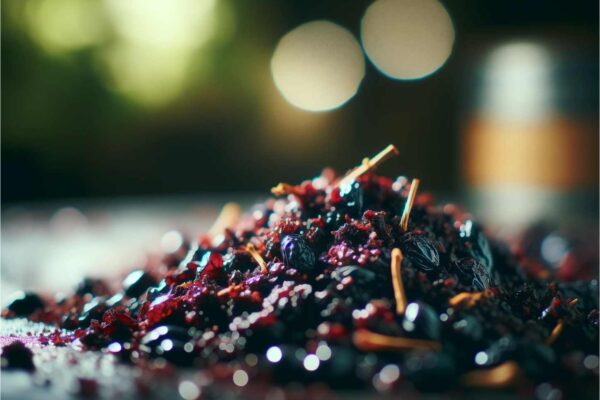
Turning Winery Wastes into Wealth
There’s new, interesting research from the University of Aveiro, Portugal, into the waste products, wine residues, from creating wine and how they can can be re-used to provide for more sustainable production. Wine residues are a complex mix of grape stalks, pomace (the solid remains of grape pressing), lees and wastewater. They are not just…
-

What is Sustainable Wine?
Sustainable wine covers a range of practices aimed at diminishing the adverse impacts of wine production on the planet while ensuring the long-term viability for the industry. At the core of sustainable wine are organic and biodynamic practices. These are concerned with minimising the negative environmental impact of farming and food production and promoting soil…
Did You Know?
For Crémant, grapes must be harvested by hand and the wines must undergo at least nine months’ ageing before release. More
In 2024, the UK was the second-largest export market for Champagne globally, after the United States. More
Local UK bottling of wine represents about 40% of imported wine. More
Around 1% of people, typically severe asthmatics, have a sulphite sensitivity. More
A large 80% of Australian wine arrives in the UK in bulk. More
Only about 0.02% of Australia’s landmass is dedicated to vineyards. More
In 2024, New Zealand produced only 1% of the World’s wine. More
In 2024, the US imported 37% of World production of Pinot Grigio and the UK was is in second place at 27%. More
In 2024, the UK was South Africa’s largest export market, with 40% of total exports. More
In 2024, the United Kingdom imported 22.3 million bottles of Champagne, a decline of 12.7% compared to the previous year. More
Larger Champagne producers source grapes from as many as 80 different vineyards throughout Champagne. More
Champagne houses and growers collectively produce around 300 million bottles annually. More
In 2025, the Champagne region was home to about 2,124 Champagne houses and approximately 19,000 growers. More
Provence is one of the leaders in the conversion to organic viticulture, with 61% of vineyards certified. More
8% of the South Africa’s grape production is Fairtrade-certified. More
Up to 80% of wine aroma compounds come from grape skins. More
Glycerol is the third-largest component of most dry wines after water and alcohol which is why they so often feel ‘smooth’ or ‘silky’ in the mouth. More
Humans are more than 400 times more sensitive to bitter than sweet. More
Humans can detect the earthy molecule geosmin at about 100 parts per trillion and camels are so sensitive to it they can locate damp ground from roughly 50 miles away. More
During the phylloxera crisis of the nineteenth century, 90% of Europe’s vineyards were destroyed. More
In 2025, for La Vieille Ferme, also known as “The Chicken Wine”, sales surged by 49.4% to £110.8 million. More
In 2025, in the UK, Yellow Tail held the top position with sales, marking a 9.8% increase over the previous year. More
In 2024, the UK was the second-largest wine importer in volume and value. More
In 2024, the UK was the fifth-largest wine-consuming country globally. More
In 2025, global wine consumption continued its downward trend, estimated at 214.2 million hectolitres, the lowest since 1961. More
In 2025, online alcohol sales had a 20% increase in value over five years. More
In 2025, the number of UK vineyards rose to 1,104 and wineries to 238, with land under vine expanding to 4,841 hectares, a 510% increase since 2005. More
Moët Hennessy alone commands nearly 46.66% of the Champagne market, with the top three producers together holding about 61%, and the top five controlling over 72%. More
In 2024, the Champagne market was worth roughly €3.92 billion. More
In the marketing year 2023/24, white wine accounted for roughly 55% of Spain’s output, whereas red and rosé together made up about 45%. More
In the UK, 92% of wine is consumed within 48hrs of purchase. More
The majority of wines, 95%, use commercial rather than wild yeast. More
Between 0.5 and 10 litres of water, per litre of wine, are needed for cleaning during winemaking. More
Machine harvesting can achieve up to 100 tons of fruit per day vs 1 ton for a human. More
In Germany, 2025 was the smallest wine vintage since 2010. More
The majority of vineyards, 90% in 2019, are farmed with heavy chemical interventions. Only 6% are organic. More
90% of low and coastal areas in south Europe and California will no longer be able to produce good wine by the end of the century. More
IMAGE WALL
Tools
Recent
-
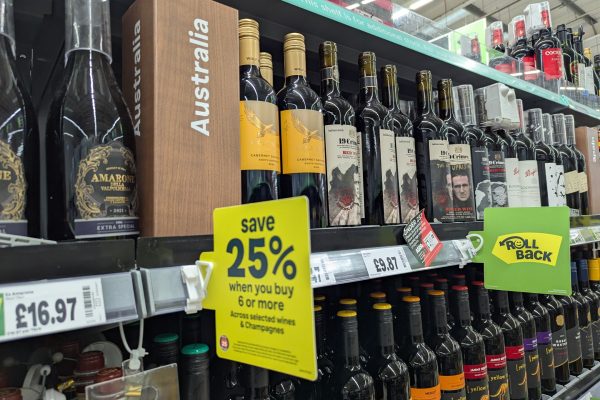
25% Off Wine at Asda
-
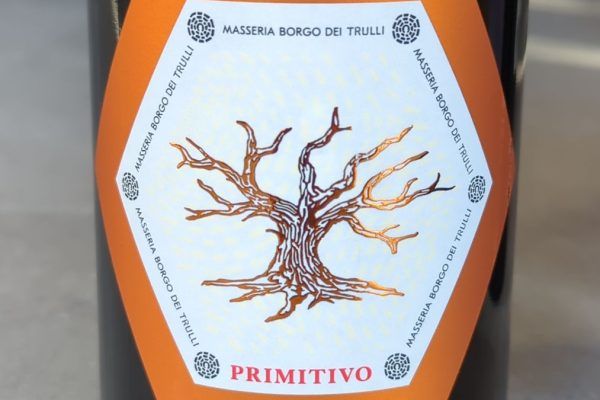
Lucale Primitivo Appassimento
-
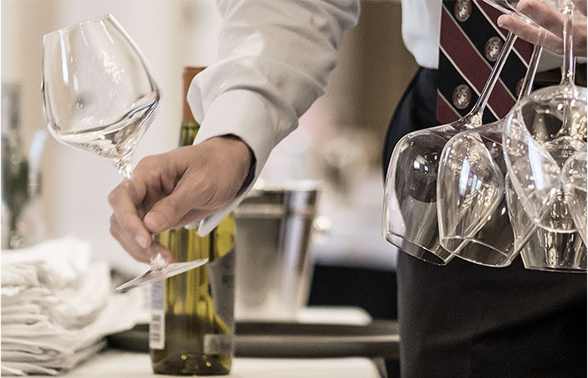
UK’s Top Restaurant Wine Lists Revealed
-
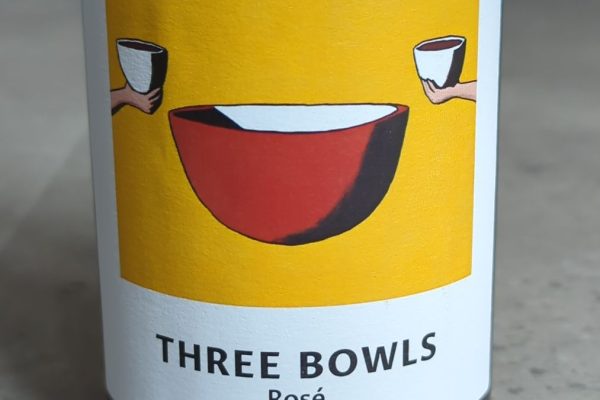
Three Bowls Rosé
-
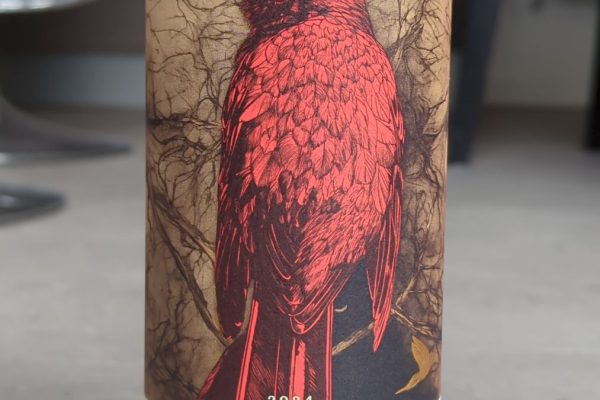
Salvio Ribera de Duero
-
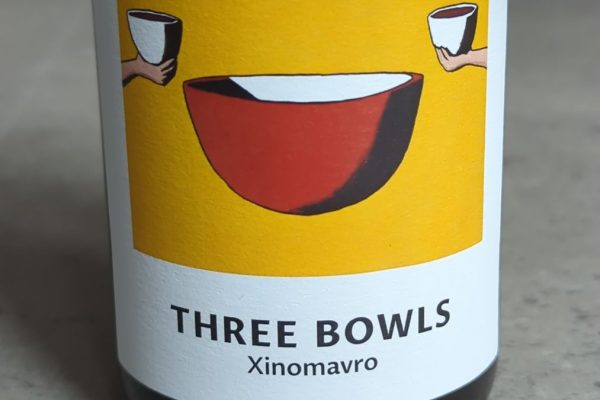
Three Bowls Xinomavro
-
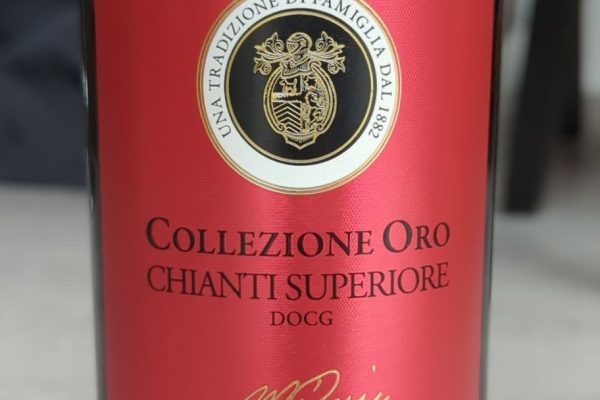
Piccini Collezione Oro Chianti Superiore
-
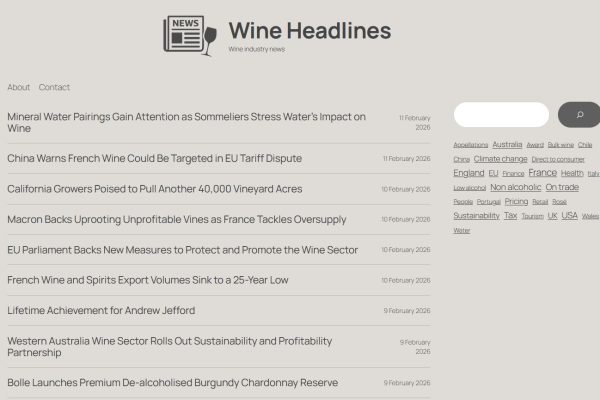
Introducing Wine Headlines: Daily Industry News
-
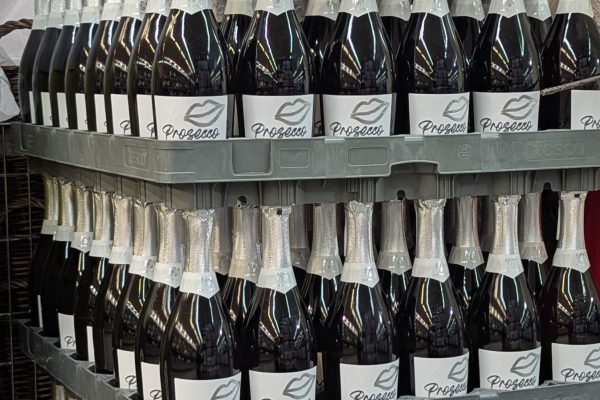
Wales to Raise Minimum Alcohol Price to 65p per Unit
-
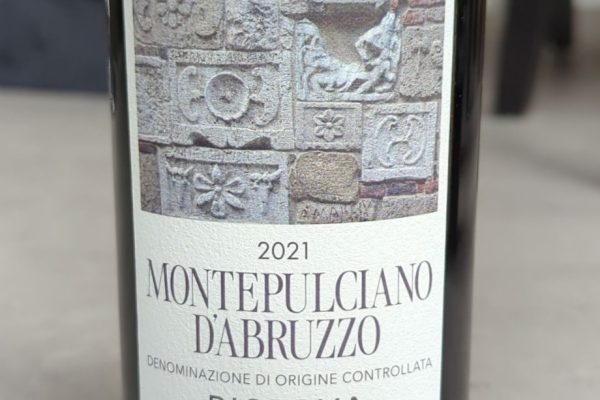
Irresistible Montepulciano D’Abruzzo Riserva
Tags
25% Off Wine Aldi Amarone Argentina Articles Asda Australia Award Awards25 Bibendum Bizarre Blog Books Bordeaux Bulk Bottling Cabernet Sauvignon Carménère Cava Champagne Chardonnay Chenin Blanc Chile Climate Change Coop Decanter Duty English Wine EPR Events Fairtrade Food France Germany Glossary Greece Headaches Health Hungary Italy IWSC Jeroboams Laithwaites Legislation Liberty Wines Lidl Low Alcohol M&S Majestic Malbec Merch Merlot Morrisons Natural News New Zealand Non-Alcoholic Ocado Old Vine Organic Past Tastings Pinotage Pinot Noir Port Portugal Primitivo Prosecco Regulations Reviews Ribera del Duero Riesling Rioja Ripasso Rose Sainsbury's Saperavi Sauvignon Blanc Selfridges Shiraz Sicily South Africa Spain Sparkling Supermarkets Sustainable Tax Terroir Tesco The Wine Society Unrepresented USA Valpolicella Virgin Wines Waitrose Wanderlust Welsh Wine What to Buy Wine Art WineGB WIne Glasses Zinfandel




